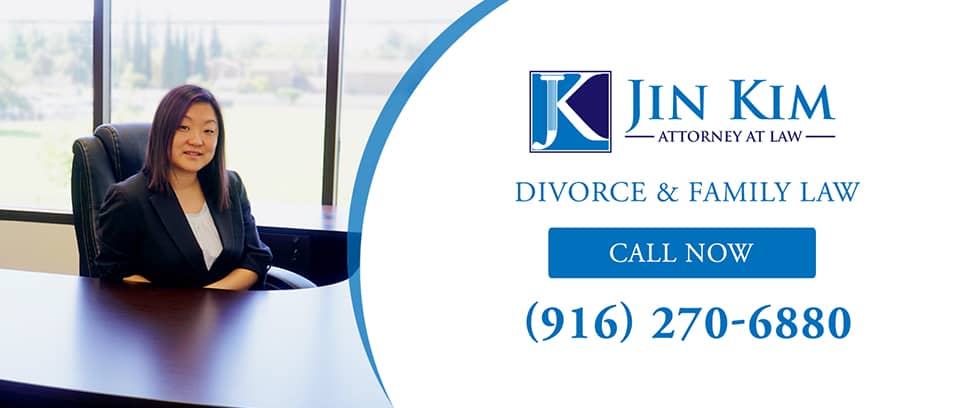Student Loans in Divorce
Property division in a divorce involves both properties and liabilities. As a form of liability, student loans are subject to division in divorce by the family law court.
The issue of student loans can be particularly contentious in divorce proceedings. The benefits derived from student loans are often intangible and hard to quantify. There is also the added issue of a spouse who is unwilling to pay for the student loans of the other spouse, and yet the marital community may have benefited from the education.
Student Loans as Separate Debt
The concept of student loans as separate debt is quite straightforward. A student loan is the separate debt of a spouse if it was incurred before the marriage, or after the date of separation, or after the date of entry of judgment. For student loans that are classified as separate debt, only the spouse who incurred it can be required to pay.
Student Loans as Community Debt
Student loans are part of the marital community debt if incurred after the date of marriage but before the date of separation. The date of separation is the cut-off period for classifying a student loan as marital debt. It’s helpful to remember that the date of separation is not necessarily the same as the date when the divorce is finalized. The date of separation refers to the date when the parties intended to end their marriage.
Division
Community debt is normally divided between the parties. Courts are required to divide community debt as equitably as possible, but in certain instances, one party may receive a greater share of the debt. An example of this is when a party receives a greater share of the community property. In that event, the court may find it equitable to assign a greater share of the debt to the party who received more of the community property.
Separate to Community Debt
In certain instances, separate debt can also become community debt. This may happen if the spouses execute an agreement during their marriage consolidating their student loans and making themselves jointly responsible. In such a case, the student loans will be considered as community debt because the agreement was made during the course of the marriage.
Reimbursement
The court could issue an order for reimbursement if the community contributed to the education or training of a spouse, and the education increased the earning capacity of the spouse. Community contributions are those contributions paid from community or quasi-community property.
However, in certain instances, the court can modify or reduce the amount to be reimbursed if:
- The community has substantially benefited from the education, training, or loan incurred for the education or training of the party. There is a rebuttable presumption, affecting the burden of proof, that the community has not substantially benefited from community contributions to the education or training made less than 10 years before the commencement of the proceeding. There is a similar presumption that the community has substantially benefited from community contributions to the education or training made more than 10 years before the commencement of the proceeding.
- The education or training received by the party is offset by the education or training received by the other party for which community contributions have been made.
- The education or training enables the party receiving the education or training to engage in gainful employment that substantially reduces the need of the party for support that would otherwise be required.
